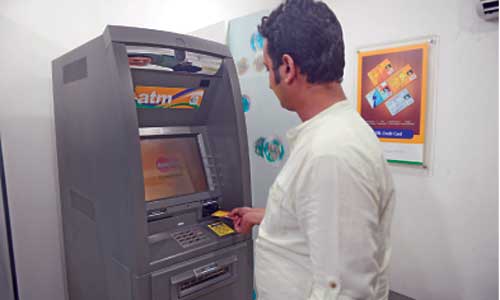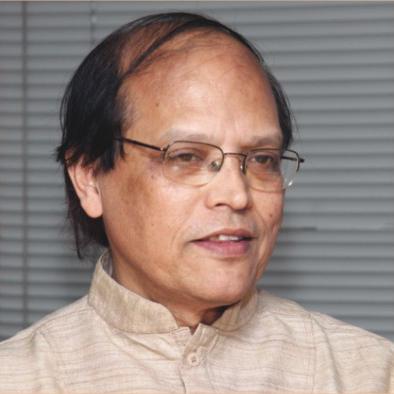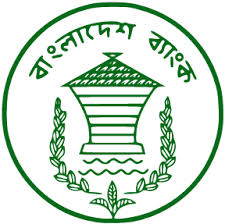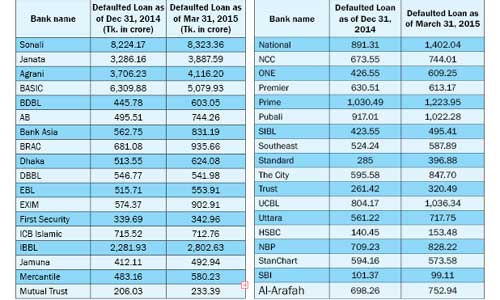Bangladesh Bank required focusing more on regulatory framework, articulated strategy and greater integration of financial inclusion initiatives for ensuring better financial discipline and investment climate.
The suggestions came at an international seminar where financial market experts and economists from local and international organisations discussed on a keynote paper on ‘Challenges of price stability, growth and employment in Bangladesh: Role of Bangladesh Bank’.
The major recommendations also included streamlining of current policy with increasing attention to
greater competition and confidence in banking and financial sector, strengthening transmission mechanisms for a dependable policy rate, integrating FI initiatives and developing secondary market for enhanced role of interbank rates and transactions.
Bangladesh Bank (BB) in association with International Labour Organisation (ILO) organised the seminar at the central bank’s headquarters in the capital city. ILO analyst Dr Muhammed Muqtada presented the keynote.
In the keynote paper Muqtada noted that Bangladesh is among very few countries where commercial banks have an explicit development objective with major focus on price stability and inclusive growth.
But, there were some areas and issues those warrant further attention so BB could play its role effectively in pursuing developmental objectives besides carrying out its traditional functions.
Addressing the inaugural session of the seminar, BB governor Atiur Rahman said like some other developing economies BB had been trying to address the risks of instabilities and imbalances at sources, by promoting socially responsible inclusive and environmentally sustainable institutional ethos in financing.
ILO country director Srinivas Reddy, Employment and Labour Market Policies Chief at the ILO headquarters Iyanatul Islam and BB chief economist Biru Paksha Paul also spoke at the inaugural session.
Rahman said BB’s sustained motivation and policy support in promoting inclusive and green financing are paying off well for the economy, in terms of sustained stable six-plus percent real annual GDP growth, with downtrend in inflation.
He said BB’s focus on financing for crops, vegetables, dairy, poultry, fishery have yielded substantial output gains in these areas, including self sufficiency in rice and exportable surplus in many agricultural produces.
‘BB’s monetary and financial policy stances for stimulation of output and employment have helped the economy attain a stable growth with strong gains in price stability, macroeconomic strength and external sector viability’, the governor said.
Srinivas Reddy said that safety and standard of 75 per cent of the garment factories improved against the backdrop of tragic Rana Plaza building collapse.
But, he pointed out that skill development of young workforces and garment workers still remained a major challenge to development and economic progress.
News:New Age/15-May-2015






 A seminar titled ‘credit access for women entrepreneurs-challenges and the way forward’ will be held tomorrow (Saturday) in Sylhet.
A seminar titled ‘credit access for women entrepreneurs-challenges and the way forward’ will be held tomorrow (Saturday) in Sylhet. Defaulted loans in the banking sector increased by Tk 4,501.92 crore in the first quarter of this calendar year as borrowers did not repay instalments of their loans in due time showing excuse of political unrest, experts and Bangladesh Bank officials said. According to the
Defaulted loans in the banking sector increased by Tk 4,501.92 crore in the first quarter of this calendar year as borrowers did not repay instalments of their loans in due time showing excuse of political unrest, experts and Bangladesh Bank officials said. According to the